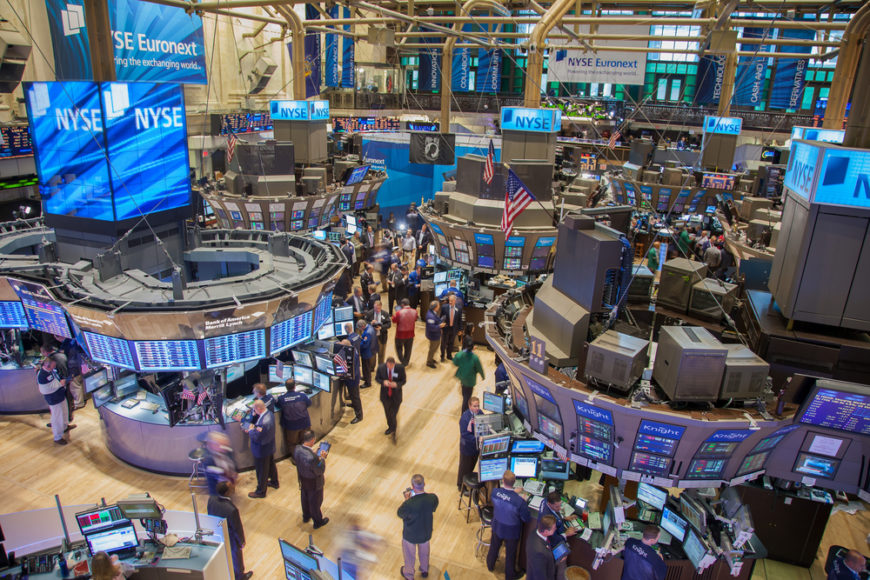GBP – PMIs slow growth suggested
For this week, the UK’s economic calendar is fairly light. Analysts expect the June PMIs to show modest increases in all three sectors. Their overall level is likely to indicate slow overall GDP growth. Manufacturing dipped below 50 in May but is expected to move back to 50. The Services measure is also likely to be above 50 and in expansionary territory though Construction will likely still point to contraction territory. With an indication of PMIs slow growth, the Bank of England money and lending data will provide some evidence on spending trends. UK GfK consumer confidence measure unexpectedly fell by three points to -13 in June.
A cross-party group of backbenchers are making another attempt to block a ‘no deal’ Brexit. They have tabled an amendment to the government spending bill to be voted on tomorrow. This would deny funding to some departments if the prime minister attempted to trigger a no-deal exit from the EU without parliamentary approval. The Conservative leadership campaign continues with each candidate bidding for votes, most recently with promises of additional spending.
EUR – Emergency summit fails to break deadlock
The EU had an emergency summit yesterday aimed at deciding who will fill EU leadership positions. The summit finished without any agreement and with talks continuing into this week. The rare Sunday summit was called because EU leaders failed to agree on candidates for the Commission president’s job and other top posts: European Council president (to replace Donald Tusk), high representative for foreign policy, European Parliament president and European Central Bank president.
USD – Trump holds off on new tariffs
There was a lot of focus on the G20 leaders’ summit and the one-to-one meeting between US President Trump and Chinese President Xi on Saturday. The two leaders agreed to hold off on new tariffs and to proceed with trade negotiations after a series of escalations to their nations’ tariff battle threatened to disrupt the global economy. Trump suggested that he will reverse the decision to ban American companies from selling products to Chinese tech giant Huawei.
The implications for the US economy of Trump’s meeting with Xi will be one of the factors that the Federal Reserve will need to weigh up when deciding whether to cut interest rates at its next policy meeting. As the Fed has cited trade tensions as one of the downside risks for US economic growth it is likely that the outcome will be taken into account. A least some Fed policymakers may see a positive message from this weekend’s meeting as a reason to delay a rate cut for now.
The Fed will also be focused on upcoming economic data. Though this week includes the 4th July holiday, the US data calendar remains busy. Friday’s labour market report will be watched particularly closely. Markets expect a rebound in June employment growth, with a rise of around 200,000 after last month’s disappointing increase of 75,000. The unemployment rate will likely hold at a 50-year low of 3.6% and there is likely to be a modest pickup in wage growth.
